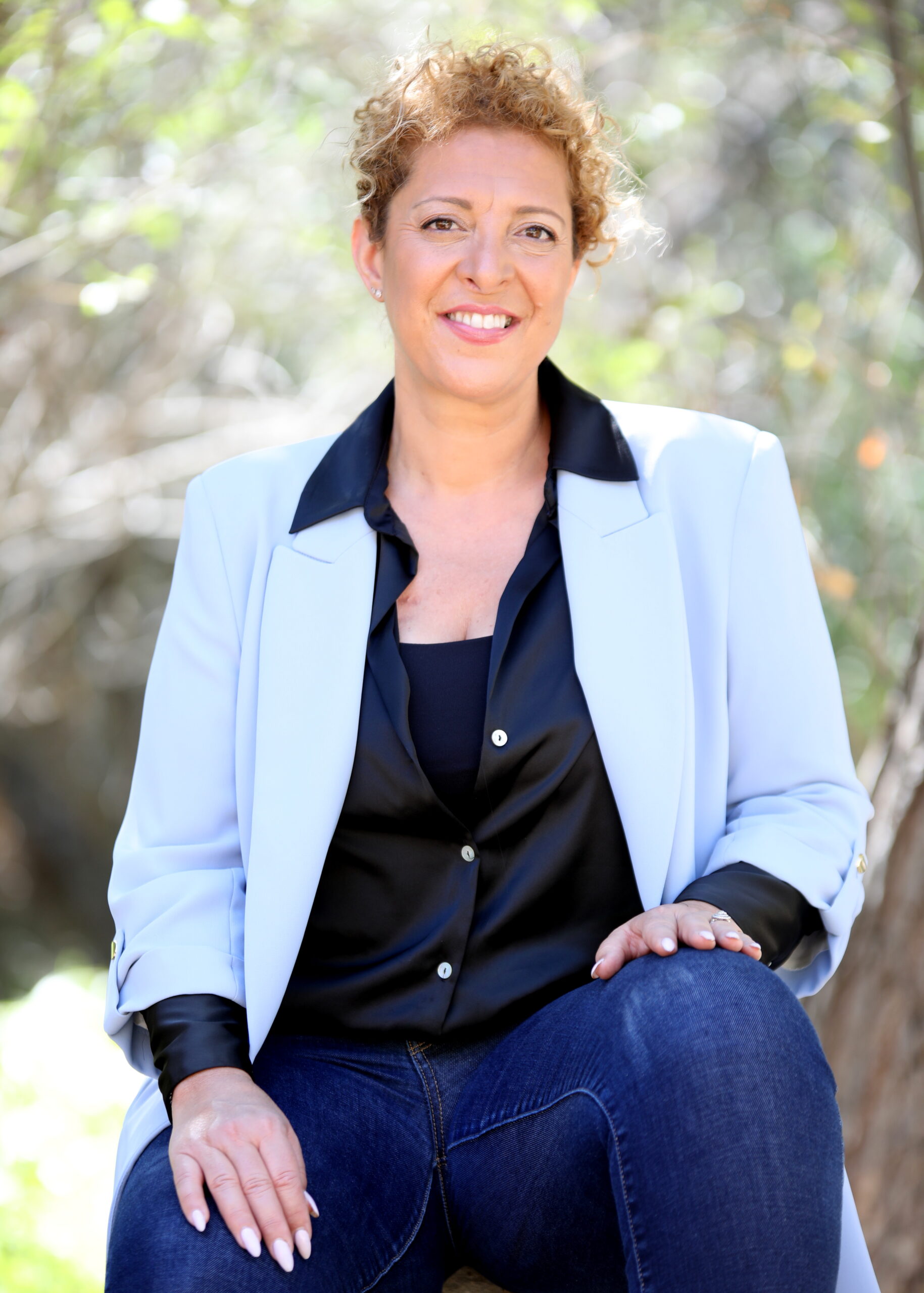How to Shift from Self-Distraction to Happiness: Take Charge of Your Emotional Needs
Self-distraction is like an internal accident, where we unintentionally turn against ourselves. It’s similar to an autoimmune disease, where the body attacks itself, working against its own well-being. Emotionally, self-distraction does the same. Instead of providing ourselves with what we need, we sabotage our happiness. Often, overthinking is at the root of this. When we don’t nurture healthy thoughts about ourselves, we end up harming our emotional state.
Did you know that studies suggest we think between 60,000 to 80,000 thoughts a day, and about 90% of those are repetitive? This constant recycling of old thoughts is one of the reasons we get stuck in cycles of loneliness and self-doubt, which leads to self-distraction. But here’s the good news: emotional happiness is within your control. You can create it by being proactive and letting go of rigid expectations about how things “should” be.
To shift from self-distraction to happiness, you need to recognize that you are the creator of what you want to receive from others. It starts with identifying your emotional needs and taking responsibility for meeting them. One of the most important emotional needs we all have is the need for intimate relationships. These relationships provide us with connection, support, and validation—but here’s the key: if you want others to see you as valuable, you need to first be proactive in becoming valuable in their lives.
Every person you choose to have in your life is fulfilling an emotional need, and in return, you are fulfilling theirs. This mutual exchange is something we create and sustain by being intentional in our actions and relationships. You’re not a passive participant in your life—you’re in control.
By taking responsibility for your emotional needs and being proactive in how you interact with others, you can shift your focus away from self-doubt and self-distraction. Start by being aware of your emotional desires, especially the need for intimacy and connection. Then, make a conscious effort to provide value to others, and you’ll find that this proactive approach transforms how you feel, think, and relate to the world.
As you introduce new experiences and outcomes into your life, you’ll naturally begin to see positive change. You’ll start to break the cycle of self-distraction as you create healthier connections, leading to greater happiness and emotional fulfillment. Remember: you are the creator of your emotional happiness. The more intentional you are in nurturing yourself and your relationships, the more joy and balance you’ll bring into your life.



